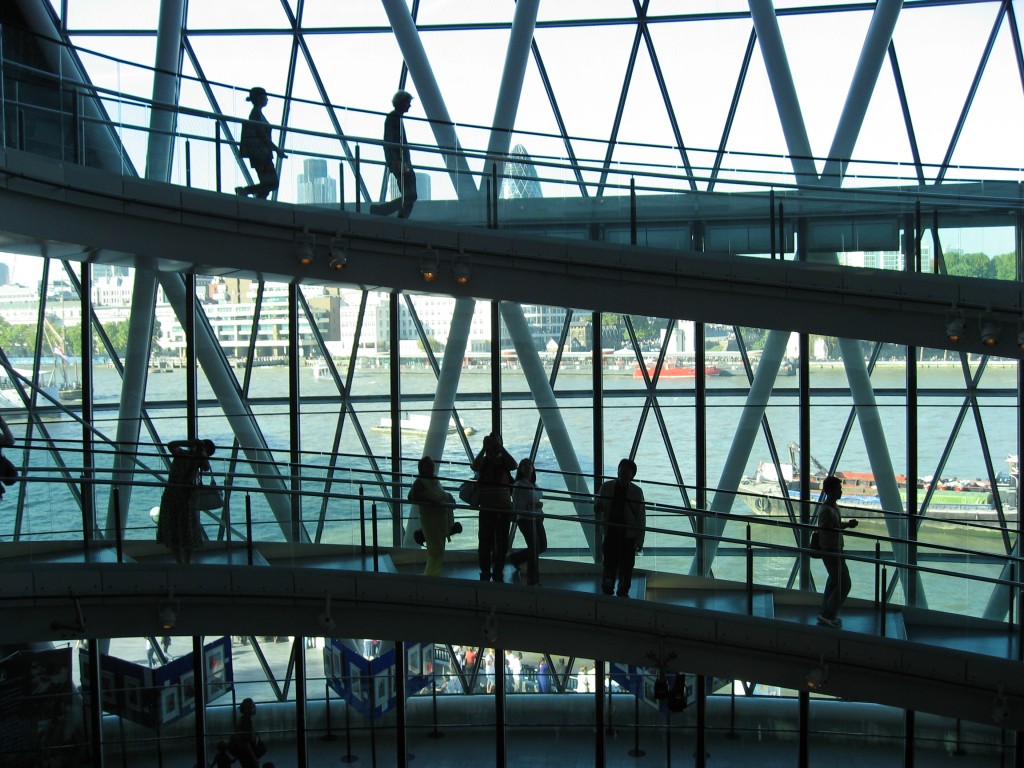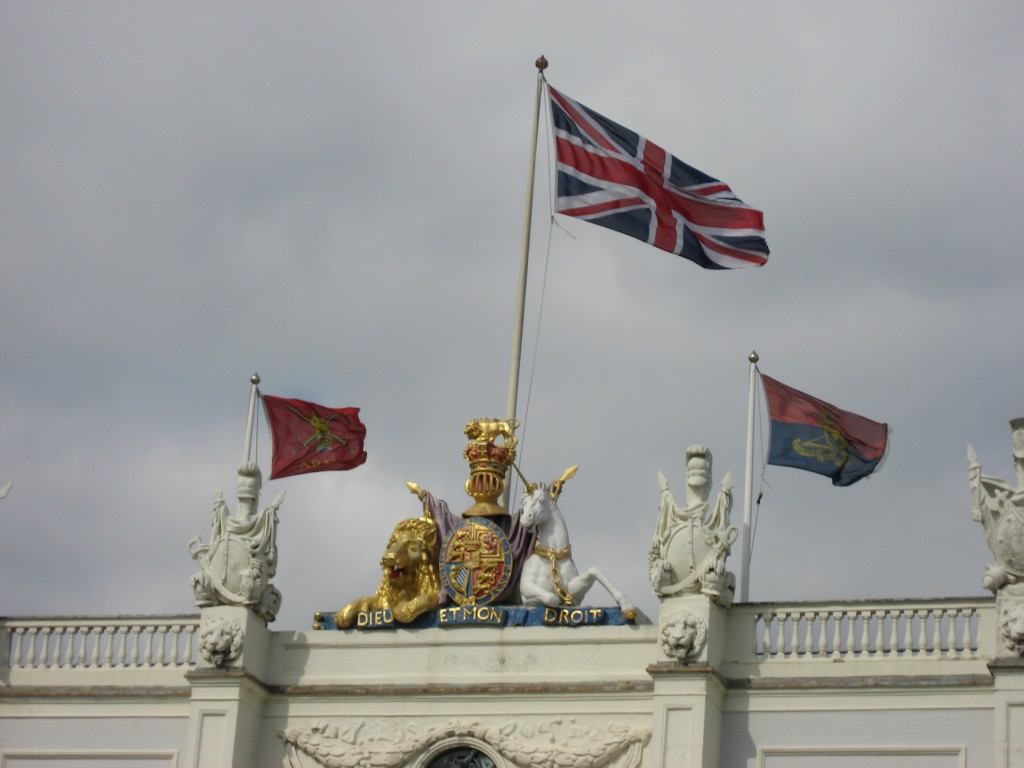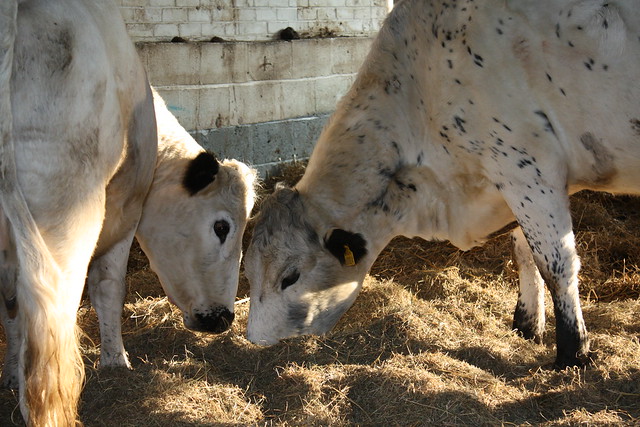
My inbox and twitter feed seem to include a lot of crime at the moment, which set me wondering whether crime in the area is increasing, or just more visible because of improved information flow. There certainly is more information. For example the Metropolitan Police have a Neighbourhood Link community messaging service which sends out regular e-mails on local crime incidents, police activity and scam warnings. Recently there have been e-mails about the burglary at John Roan school and the jailing of two men who forced cabbies to drive to a secluded place in Mayplace Lane and then attacked and robbed them.
On twitter there are regular tweets from the Metropolitan Police, @metpoliceuk, various borough forces such as Greenwich, @MPSGreenwich and even the Police Helicopter @MPSinthesky, giving information about local incidents.
Then there are the excellent Neighbourhood Watch groups, who provide local police and crime news by e-mail and via the Shooters Hill Neighbourhood Watch web site, including up-to-date information about any suspicious people seen in the area or attempted scams.
The map snippet at the top of this post is taken from the police.uk web site which provides access to “Independent information on force-level crime and anti-social behaviour provided by Her Majesty’s Inspectorate of Constabulary”. It is possible to see the location of all reported incidents in any specified month, or a subset of crimes such as Burglary or Anti-social behaviour. The reports are positioned on the map using an anonymising algorithm to preserve people’s privacy. Another mapped view of local crime report levels can be seen on the Metropolitan Police Crime Mapping web site, snippet below, which shows reported crime levels broken down by ward – it says that there were 66 reports in the Shooters Hill ward in July, down from 67 in June, which works out as as a crime rate of 5.13 per thousand people. For the whole Royal Borough of Greenwich the rate was 8.7. It’s not clear to me why the figures on the two maps are so different, 66 vs 667; partly it will be because the first map covers a larger area, but also I suspect the second one doesn’t include reports of anti-social behaviour.

The Metropolitan Police Crime Mapping web site also contains a set of spreadsheets of crime report data, which included one showing number of reports per crime category per month over the last two-years broken down by borough and ward. What bliss, I thought – an opportunity to produce lots of graphs and pie charts! There’s a couple below: the first shows the total number of reported crimes in the Shooters Hill ward each month for the last two years. Excel manages to fit a straight line to the data, with a downward trend, though I would say the number of reports is about level – it isn’t really decreasing or increasing significantly. The numbers of reports for some of the crime categories are quite small, and the trends are often spiky. The trend for burglary reports, for example, shows distinct spikes around about December/January in both 2010 and 2011. Maybe mid-winter is a time to take extra precautions.
It’s interesting also to compare reported crime levels with other parts of London. The ward with the highest levels is the West End Ward in the borough of Westminster. Their reported crime level in July 2012 was 1755 compared with Shooters Hill’s 66 – a crime rate of 235 per thousand population.
So it would appear that my pereception that there is more crime at the moment is an illusion prompted by the Met’s increased transparency, and me being plugged in to more sources of information. Of course drawing conclusions from official statistics is often hazardous, and crime levels are notoriously difficult because much crime doesn’t get reported. An alternative approach is the British Crime Survey (BCS) which is based on interviews and is seen as giving a better picture of the extent of crime. The BCS figures aren’t broken down to ward level, but seem to give figures a bit over double the recorded crime numbers. However the BCS figures also show crime levels as steady or decreasing slightly according to the Home Office Statistical Bulletin on Crime in England and Wales 2010/2011.
One possible benefit of the increased visibility of crime figures is that people will be more vigilant which, when coupled with improved communication about crime threats from community groups such as Neighbourhood Watchers, plus the excellent work of the Shooters Hill Safer Neighbourhoods Police Team (SHSNT), may help decrease the figures further.
As Nick Ross used to say after discussing crime on Crime Watch, “Don’t have nightmares, do sleep well”.




























